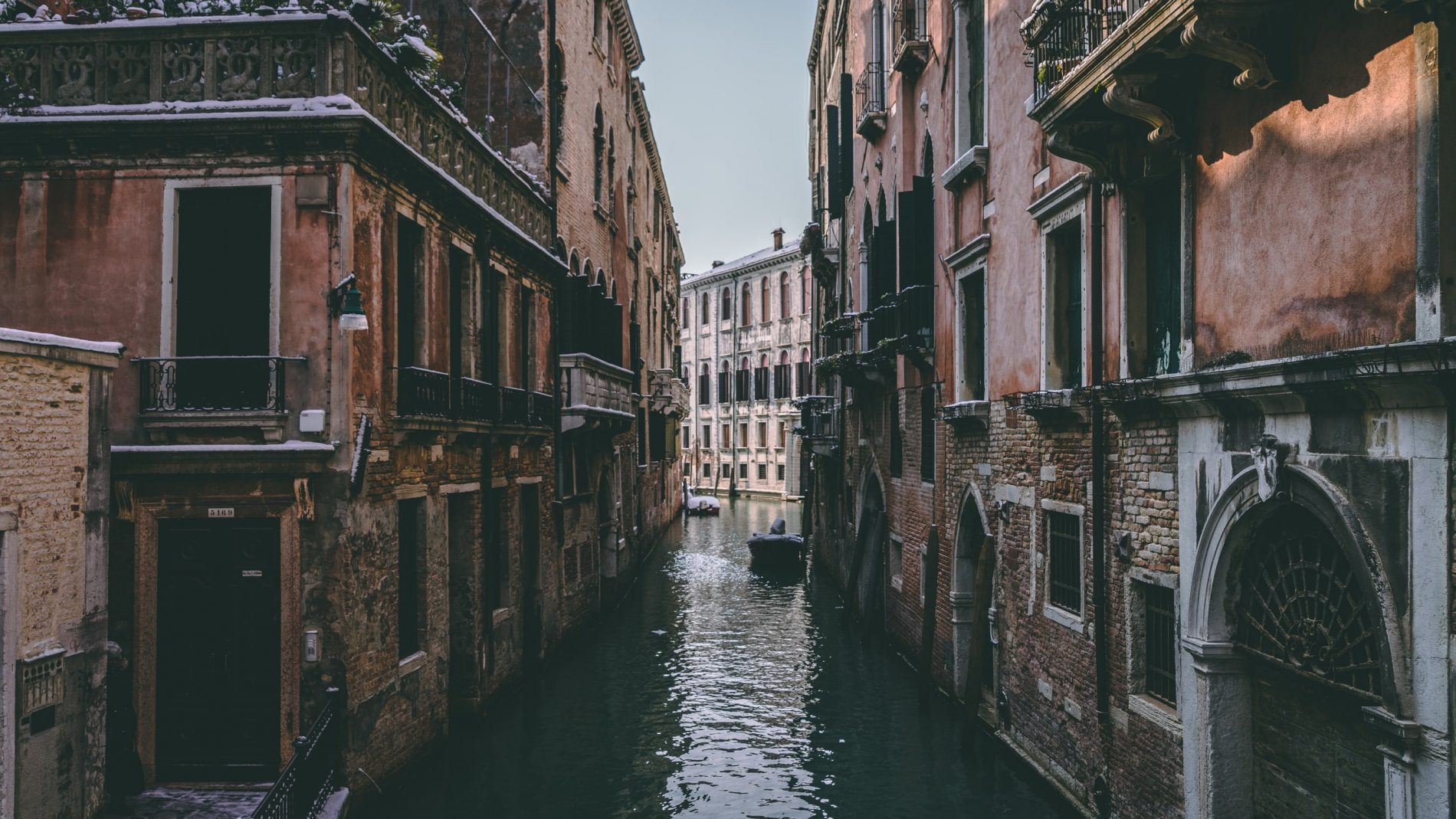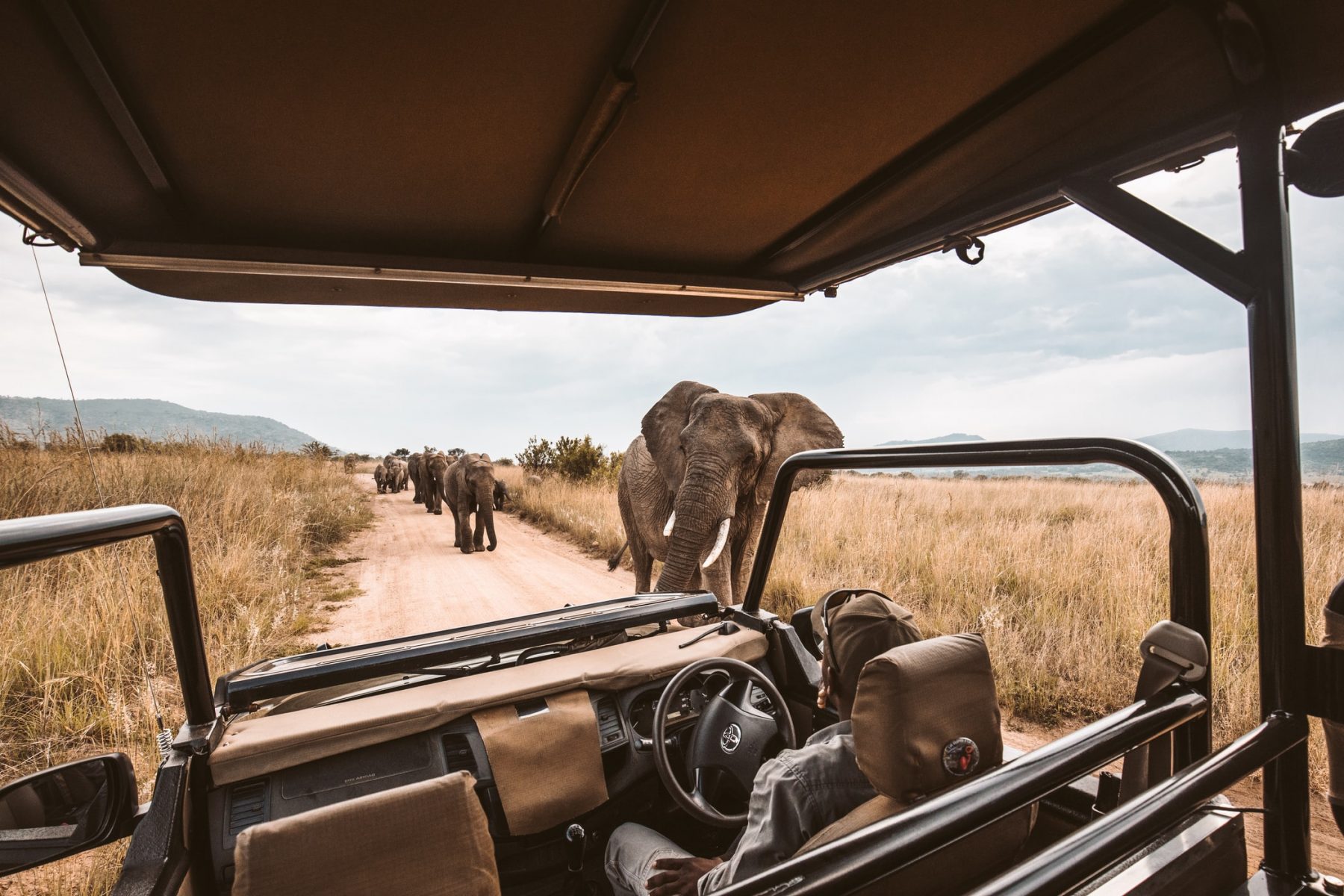Francesca Hedley explores the effects the temporary halt in tourism has had on the natural world – and how this might change the travel industry for the better
–
The Coronavirus pandemic has conjured unimaginable challenges to our way of life and our freedom to travel. We have witnessed the closing of borders, entire airline fleets grounded, and hotels and restaurants closing, in some cases, for good. What we are we left with? Time to think and reflect.
While we grapple with the economic and societal repercussions of this pandemic, we must also consider the tangible and positive impact of coronavirus on the natural world. As life goes on pause, the negative effects of human activity are halted, as air and water quality improve and flora and fauna flourish.
Albeit an unintended consequence, travel bans and national lockdowns have resulted in the reduction of carbon emission levels, and thus air pollution. In the UK, some cities have reported falling nitrogen dioxide (NO2) levels by up to 60% on the same period last year, the BBC has found.
Elsewhere, in India, the skies in some of the world’s most polluted cities have turned an unrecognisable blue and according to Bloomberg, amidst a strict country-wide lockdown the air quality index has improved to satisfactory levels in nearly 90% of the 103 cities.
As air and water quality improve, species are thriving in areas where they were once threatened. Venice’s famous canals are the clearest they have been in 60 years, thanks to pollution levels and tourist numbers in the Italian city rapidly dropping. With less boats, the once-murky, grey waters are now crystal clear and this has welcomed swans, fish and seabirds back to the canals.

Closer to home, the National Trust reports that emboldened wildlife, from raptors and warblers to badgers, otters and even orcas, appear to be enjoying the disappearance of humans from its gardens, castles and waterways as sightings of these species soar across the UK.
There are silver linings to these overcast times and important learnings for the travel industry and aspiring travellers alike that will ultimately protect the destinations we love to visit and in turn, the tourism it brings. But how we can maintain this positive environmental U-turn when we start travelling again?
As consumers, we can be more mindful about the way we travel, prioritising longer trips in place of the two-night city breaks we’ve been fortunate to enjoy thanks to budget airlines. Making each flight count, carbon offsetting could take the form of an opt-out scheme as opposed to the current opt-in initiatives most travellers are less familiar with.
Earlier this year at ABTA’s annual Travel Convention, Director of Marketing at Responsible Travel Tim Williamson took his place on stage to share his thoughts on aviation in light of the climate change crisis: “There’s no way around this and I can’t sugarcoat this – we all need to fly less now and we need to encourage our customers to fly less.” He advised that we should cut one out of every four flights, as well as introducing a Green Flying Duty that would raise fares by 10 per cent, putting the extra money into R&D for developing sustainable aviation faster.

But thoughtful travel isn’t just about geography or lifestyle. It’s also about supporting kinder businesses. As recent weeks have highlighted, it’s vital to consider socio-economic factors when thinking about sustainability as well as recognise the glaring inequalities across the world.
Conservation projects, in particular, need support more than ever and while in the short term this rewilding is benefitting natural life, the significant drop in ecotourism in developing nations such as Asia and Africa will mean a loss of revenue. Poaching has also surged during the pandemic as illegal hunters take advantage of the lockdown to kill more endangered wildlife in remote areas. Rhinos in Africa, giant ibises in Asia and wild cats in South America have all been targeted while tourists have stayed away. At least nine rhinos have been killed in South Africa, and at least six in Botswana since the lockdown, CNBC reported.
This is a reminder that while travel is a luxury, it is also an investment into communities and ecosystems beyond our own. When administered with conscience, it can become a transformative force for good. Just by rethinking where we decide to travel, how we make the journey and to whom we give our money, we can help preserve the environmental progress made during lockdown – the impact of coronavirus on the natural world.
Join the conversation and join us on Twitter and Instagram @Fox_Comms

